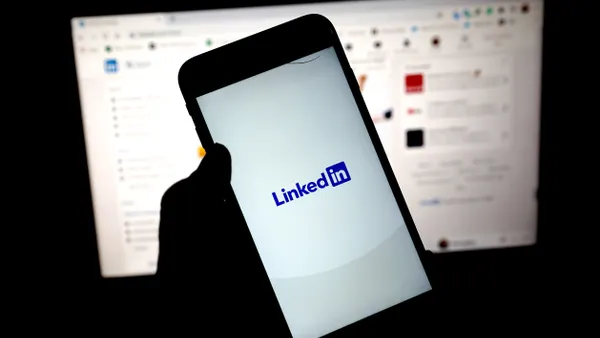Despite a recent emphasis on skills-based hiring, organizations are hiring candidates they deem to be the “most likable” or those they have the strongest “gut feeling about” — not the candidate whose skills and experience best match the job requirements, according to an April 29 report by Textio.
In what the software company referred to as “vibe hiring,” Textio found that candidates who received an offer were 12 times more likely to be described as having a “great personality” than those who were rejected.
“Too many hiring teams rely on memory, gut instinct or informal messages to capture what happened in an interview. Unfortunately, memory fades, gut instincts are often unreliable and informal messages aren’t a hiring system,” Kieran Snyder, chief scientist emeritus and co-founder of Textio, said in a statement. “Structured, skills-based interview assessments are a non-negotiable for any effective hiring process. Anything less puts your hiring outcomes, your team’s performance and your business at risk.”
In general, candidates who received offers were far more likely to be described using personality feedback. They were five times more likely to be described as friendly and four times more likely to be described as having great energy, according to the company’s analysis of more than 10,000 interview assessments.
Men and women were described with distinctly different personality language as well. Women were described as bubbly 25 times more and pleasant 11 times more than men. In contrast, men were described as level-headed 7.5 times more and confident 7 times more than women.
Although candidates rarely receive feedback about their interview performance, those who do tend to perform better, the report found. Candidates with offers also were more likely to receive feedback.
Job candidates also tend to choose between organizations based on good interviews, according to a Gallup report. Employers can make a good impression by creating structured interviews, treating candidates with respect and using interviews to highlight their culture and value to employees, the report said.
Using inclusive language in communications can reinforce an organization’s values, improve the employee experience and increase retention, according to a report from McLean & Co. By not prioritizing inclusive language, organizations may send the message that they don’t prioritize belonging, the report found.
As part of that, companies can use inclusive language in job postings to attract candidates, according to a VMware executive. Hiring managers can swap subjective qualifications and non-essential requirements for specific, clear and necessary skill requirements, the executive wrote.











